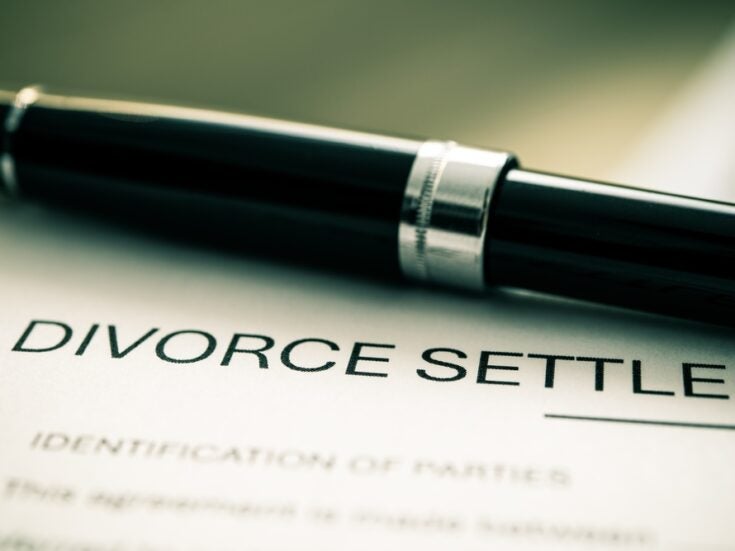
‘The idea that banks cannot be held to account is a popular myth – and one the banks themselves are keen to perpetuate,’ says Michael Lent.

There are few legal situations more intimidating than attempting to bring litigation against a bank. Even for the wealthiest of individuals, it can seem a risky and dangerous proposition: no matter how much capital you have, they invariably have more. These institutions are rich, they are old, and they have a long history of getting their own way.
Banking is the lifeblood of capitalism but it is worth remembering that financial misbehaviour from financial institutions is not an unprecedented phenomenon. Bob Diamond, former chief executive of Barclays, described the culture as ‘the way people behave when no one is watching’.
If we are to judge human culture by the way banks behave when no one is watching, then much better scrutiny is called for. You don’t have to look far for high-profile examples: 2008’s sub-prime mortgage disaster; the savings and loan crisis of the ’80s, and the more recent Libor-fixing scandal at which Barclays itself was at the centre of.
But to get a true sense of the damage these banks have wrought, look to the (formerly) high net worth individuals whose lives and livelihoods they have destroyed. In 2008, Jon Welsby was a well-regarded Yorkshire businessman with a property portfolio worth £8.5 million. Seven years later, this fortune is decimated.
Lloyds insisted (as a common practice indulged by Banks at that time) that in order to renew a loan facility he was obliged to take out an Interest Rate Hedging Product or SWAP that was supposed to protect his business from interest rate movements. When interest rates fell, the toxic financial instrument the Bank had required him to buy, meant that, far from benefitting from the fall in interest rates, his monthly repayments increased to the point where they were no longer affordable, and the bank flatly refused to consider restructuring the loan.
Lloyds, alas, is not the only institution that engaged in this behaviour; each of the ‘top four’ has engaged in this morally indefensible behaviour.
How not to sue a bank
If you’ve been affected in this way, it’s understandable if you feel as though there’s no real hope for legal restitution. Nobody wants to lose a significant sum on solicitor fees when they’ve already lost a significant sum to a bank. To pay a lawyer by the hour and out of your own pocket is effectively to bet on the case being wrapped up quickly and simply – a bet most banks will quite happily take. Furthermore banks employ expensive lawyers of their own and you will be liable for their costs if your case fails.
Sadly the Courts have been persuaded on numerous occasions to interpret the contracts in favour of the Banks.
How to sue a bank
Third-party litigation funding provides a way for individuals looking to take legal action against an opponent with superior resources to manage their risk – and maximise their chance of victory.
In exchange for a portion of the final award or settlement (typically 30 per cent), an alternative financier will take care of all costs associated with the case. This includes solicitor fees and other expenses like expert witnesses. If you have enough capital to finance some of the case, but not all of it, you can negotiate a lower percentage in exchange for more of the risk.
Furthermore, conditional fee agreements (CFAs) allow you to pay out a significantly lower amount if a settlement is reached early in the process. This handily sidesteps the major issue with fixed fee agreements. Finally, After the Event (ATE) insurance protects you against the possibility of your opponent winning – meaning that you won’t be held liable for their costs if you lose in court.
The idea that banks cannot be held to account is a popular myth – and one the banks themselves are keen to perpetuate. It’s a myth nonetheless: litigants have a better chance of success than they often think. We know of many instances of the banks paying significant compensation which they will do when they are faced with a claimant with a well organised, presented and funded case.
Indeed, at my firm we are currently supporting many claimants, including Jon Welsby, in their fight to reclaim what properly belongs to them.
Don’t be dissuaded from seeking justice simply because your opponent has superior resources; their position is often a lot weaker than it initially appears.
Michael Lent is Underwriting Director at litigation funding specialists Annecto Legal






